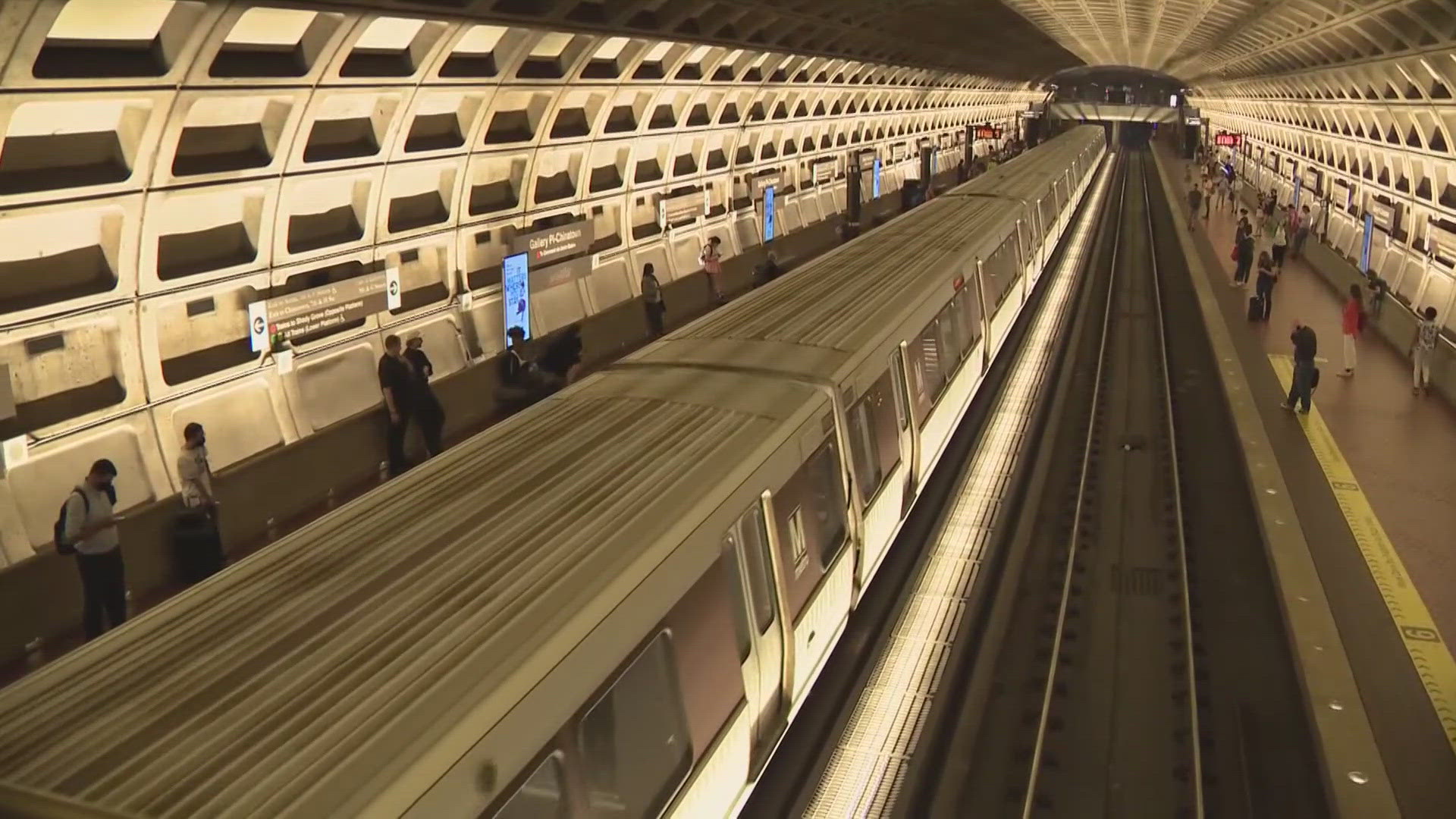WASHINGTON — The Washington Metrorail Safety Commission (WMSC) has released an eye-opening audit of WMATA Metrorail’s Roadway Worker Protection (RWP) Program, highlighting significant safety deficiencies. Conducted from November 2023 to February 2024 through in-depth interviews, observations, and document reviews, the audit reveals alarming lapses in safety practices that endanger workers.
Roadway worker protection is crucial for safeguarding employees, contractors, and emergency responders near rail tracks. Despite having established policies and procedures, the audit shows that Metrorail fails to ensure these measures are consistently followed, putting workers at risk.
WMSC personnel observed unsafe practices at every observation activity, directly contradicting Metrorail’s safety policies. This is particularly concerning given the history of deadly incidents; between 2005 and 2010, eight Metrorail employees were struck and killed by rail vehicles. Near-miss collisions have continued to occur, with significant incidents in 2016, 2021, 2022, and 2023 where workers narrowly escaped potentially dangerous situations.
The audit identified 13 critical findings:
- Inconsistent adherence to rules: Metrorail fails to ensure that personnel consistently follow safety rules.
- Outdated safety information: Workers lack up-to-date information on locations requiring additional protection.
- Inadequate identification of hazard zones: Metrorail has no process to continually identify areas needing enhanced RWP.
- Poor hazard tracking: There is inadequate tracking and mitigation of RWP-related hazards.
- Outdated training procedures: Personnel are trained with outdated RWP procedures.
- Insufficient protection training: Workers are instructed to use safety measures without proper training.
- Lack of oversight in mobile operations: There is insufficient oversight to ensure safe operations under mobile command.
- Inconsistent safety rules in construction sites: Construction sites lack the same safety protections as other areas.
- Unqualified RWP certifications: Metrorail issues RWP qualifications without meeting required standards.
- Failure to follow training procedures: Metrorail does not follow its own RWP training procedures.
- Inadequate safety information and training: Critical safety information and training are insufficient.
- Incorrect testing for non-English speakers: Testing for non-English speaking contractors is incomplete and inaccurate.
- Undefined on-the-job training requirements: There are no clear requirements for on-the-job RWP training.
Despite some positive practices, such as capable RWP training instructors and updated contractor training materials, the audit underscores the urgent need for improvement.
WMATA Metrorail must propose corrective action plans for each finding within 30 days.

